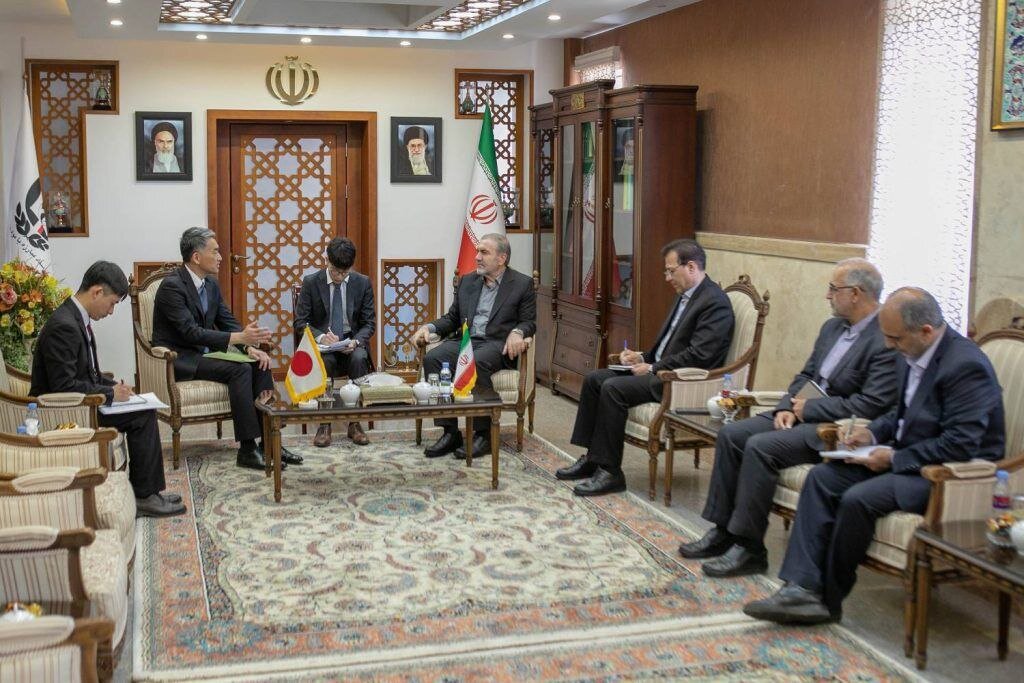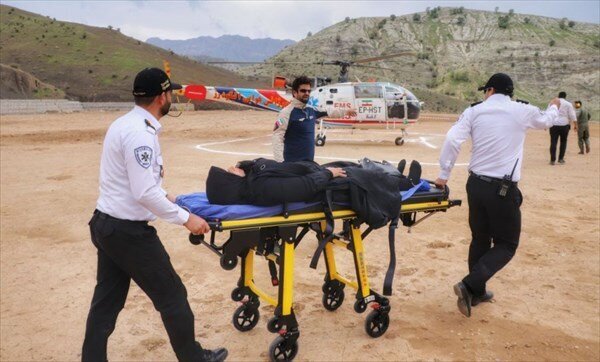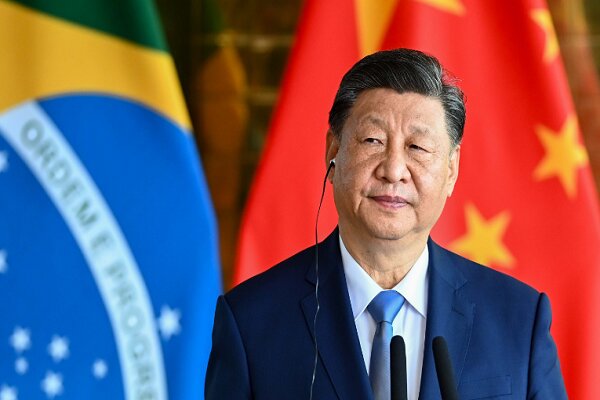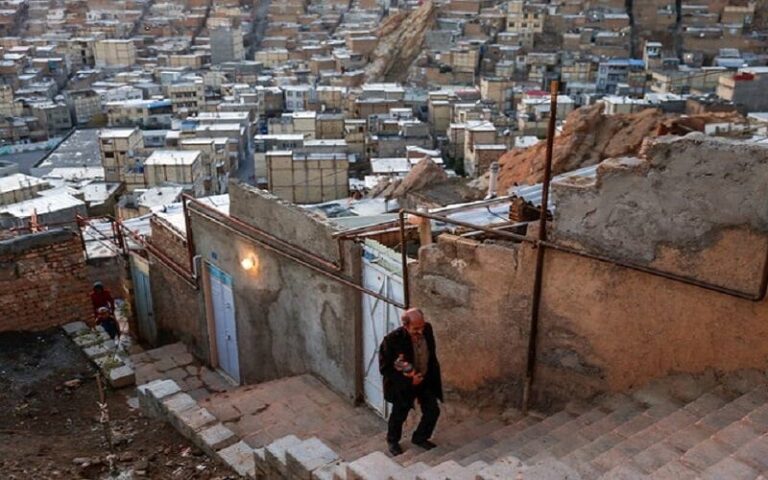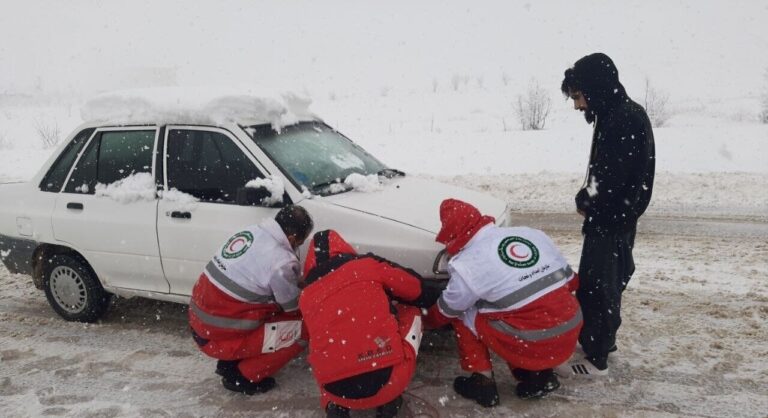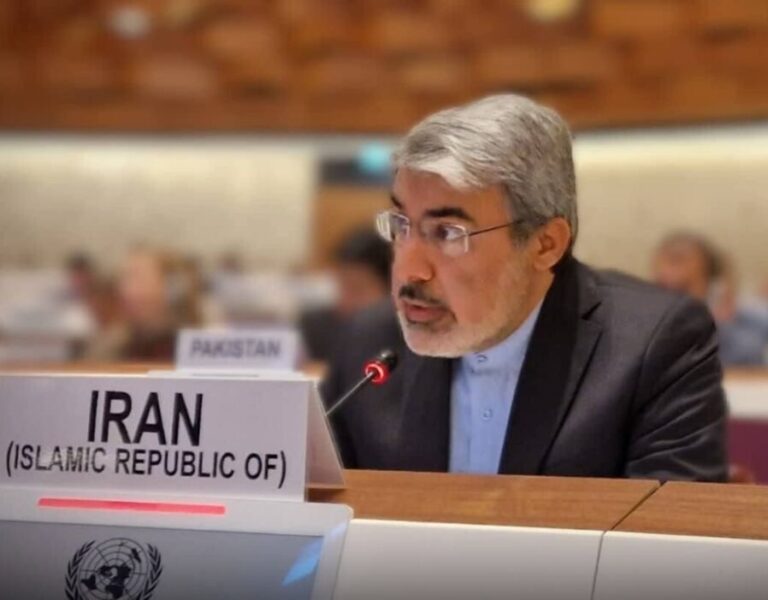Japanese Envoy Highlights Strengthened Cooperation in the Battle Against Narcotics
In a significant diplomatic engagement, Japanese Ambassador to Iran, Tamaki Tsukada, has underscored the importance of ongoing collaboration between Iran and Japan in the fight against drugs and drug-related crimes. This partnership plays a crucial role in enhancing drug control measures and ensuring safety for both nations.
During a meeting held on Monday in Tehran with Brigadier General Hossein Zolfaqari, the Secretary General of the Iranian Drug Control Headquarters (DCHQ), Ambassador Tsukada emphasized the necessity of sustained cooperation in combating narcotics. He stated, “The collaborative fight against narcotics is a significant part of cooperation between Iran and Japan,” as reported by IRNA.
Japan has been actively involved in supporting Iran’s drug detection capabilities through various means. This collaborative effort includes:
- Provision of trained drug-detecting dogs: These specially trained canines are essential in identifying narcotics and improving detection rates.
- Training programs: Japan is prepared to offer further training in counter-narcotics initiatives, enhancing Iran’s operational capabilities.
- Equipment support: The Ambassador announced Japan’s readiness to supply necessary equipment to aid Iran’s drug enforcement efforts.
In addition to these measures, Tsukada proposed conducting joint research focusing on medical centers that provide treatment services to individuals affected by drug use. This initiative aims to create a better understanding of drug addiction and enhance recovery programs.
Brigadier General Zolfaqari expressed his appreciation for Japan’s ongoing efforts and support in the fight against drugs. He highlighted the transnational nature of drug trafficking, stating, “We expect Japan to assist Iran even more.” This sentiment reflects the shared understanding that combating drug-related issues requires international cooperation.
Furthermore, Zolfaqari welcomed the development of cooperation between Iran and Japan in health-related fields and drug detection equipment, particularly in light of the lack of support from Western nations. He remarked, “Unfortunately, there is no unity of action in addressing narcotics challenges.” This highlights the need for a collaborative international approach to tackle the global drug crisis.
Zolfaqari also pointed out the growing threat posed by increased methamphetamine production in Afghanistan, which is becoming a national and international concern. He reported that over 40 tons of various narcotics were seized during the last Iranian year, which concluded on March 20, and anticipates that this figure will rise in the coming year.
In response, Tsukada reiterated the importance of joint efforts to address drug-related crimes emanating from Afghanistan, which will be conducted in accordance with the Doha framework. This framework aims to foster international collaboration to combat the drug trade effectively.
Overall, the discussions between Ambassador Tsukada and Brigadier General Zolfaqari represent a significant step towards strengthening the partnership between Japan and Iran in combating drug-related crimes. The commitment to enhanced training, equipment provision, and joint research initiatives will undoubtedly contribute to better drug control strategies in the region.
The need for a unified approach to address narcotics challenges cannot be overstated, particularly as the global landscape continues to evolve. As Tsukada and Zolfaqari have indicated, a collaborative effort is essential for effective drug control and ensuring the safety and security of both nations.
In conclusion, the ongoing cooperation between Iran and Japan in the area of counter-narcotics is a vital component of their diplomatic relationship. Through mutual support and understanding, both countries can work together to combat the ever-growing threat of drug trafficking and its associated crimes.
